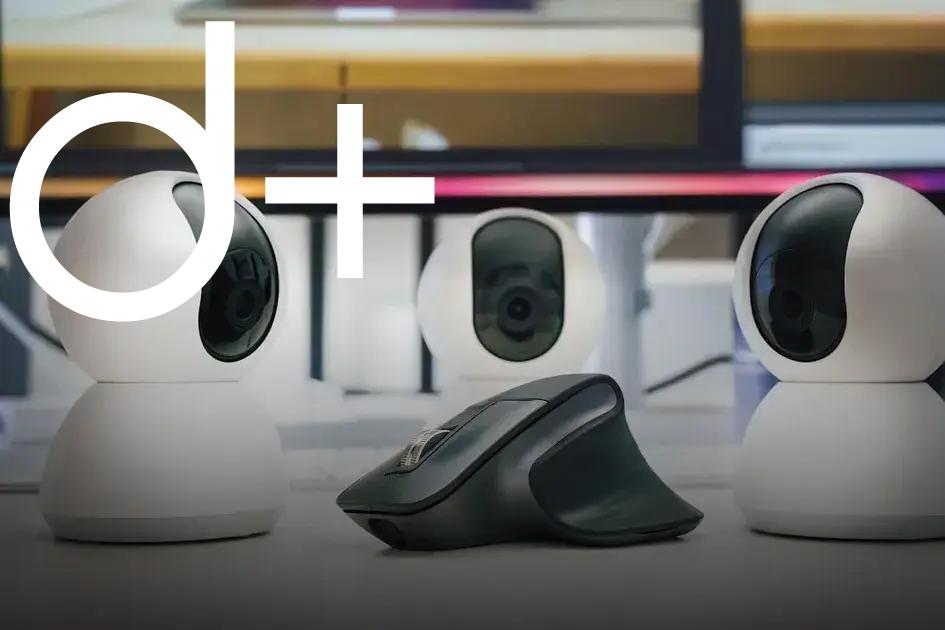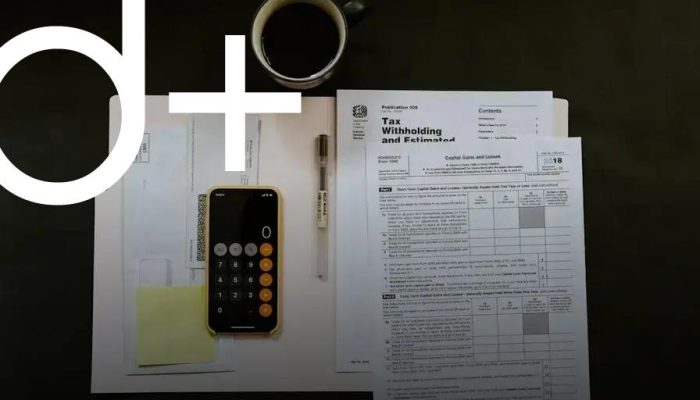In today’s digital age, buying Bitcoin safely and securely is paramount for anyone looking to enter the cryptocurrency market. With cyber threats on the rise, understanding the process for a secure purchase, from selecting a trustworthy exchange to setting up a secure wallet, is crucial. Let’s explore how you can buy Bitcoin safely while ensuring your investment remains protected.
Understanding Bitcoin and Its Importance
Bitcoin, often described as a digital currency, operates on a technology called blockchain, which is a public ledger ensuring transparency and security in transactions. It is a decentralized form of currency, meaning it is not controlled by any government or financial institution. This decentralization is appealing to many because it provides greater financial independence and privacy.
Understanding the importance of Bitcoin requires a grasp of its role in the current financial landscape. Traditional currencies rely on banks and governments, which can impose restrictions and fees. Bitcoin, on the other hand, allows for peer-to-peer transactions without intermediaries, which can significantly reduce transaction costs. Additionally, Bitcoin’s supply is limited to 21 million coins, creating a scarcity that some believe can protect against inflation and currency devaluation.
The importance of Bitcoin also lies in its growing acceptance by businesses worldwide. As more merchants adopt Bitcoin as a form of payment, its legitimacy and utility increase. Furthermore, the underlying blockchain technology has applications beyond currency, impacting sectors like supply chain management, healthcare, and more.
By understanding these foundational aspects of Bitcoin, beginners can see why it has become a focal point of modern financial innovation and why secure practices are vital for engaging with this evolving digital asset.
Choosing a Reliable Cryptocurrency Exchange

When selecting a cryptocurrency exchange, several key factors should be considered to ensure both security and reliability. Start by examining the reputation of the exchange. Look for platforms with a proven track record of stability and security.
Next, verify whether the exchange complies with relevant regulations in your country. Regulated exchanges are more likely to adhere to industry standards, providing better protection for your funds.
It’s essential to check the range of supported currencies and trading pairs, especially if you plan to expand your cryptocurrency portfolio beyond Bitcoin. Analyze the exchange’s fee structure as well, as lower fees can lead to increased profitability over time.
Consider the user interface and ease of use. A well-designed exchange platform can make trading more straightforward, particularly for beginners. Investigate the availability of customer support. Reliable assistance can help resolve issues quickly, enhancing your overall trading experience.
Last but not least, examine the exchange’s security measures. Features such as two-factor authentication (2FA), encryption protocols, and segregation of user funds can provide added layers of protection against potential threats.
Setting Up a Secure Bitcoin Wallet
When it comes to ensuring the safety of your Bitcoin investments, setting up a secure Bitcoin wallet is crucial. A Bitcoin wallet stores the private keys you need to access your Bitcoin address and sign transactions. There are several types of wallets, each with varying levels of security.
First, consider using a hardware wallet. These are physical devices that securely store your keys offline. As they are not connected to the internet, hardware wallets offer robust protection against online threats such as hacking and malware.
Another option is a desktop wallet, which you install on your computer. These offer better security than web-based wallets, providing you keep your computer free of malware and follow good security practices like regular updates and using antivirus software.
For those who prefer mobile solutions, there are mobile wallets available as apps for your smartphone. These are convenient for frequent transactions but may be vulnerable if your phone is compromised.
Consider using paper wallets for long-term storage. This involves printing out your public and private keys on paper, which is then stored securely. Although secure from digital hacks, paper wallets require careful handling to prevent physical damage.
Key Security Practices
Always enable two-factor authentication (2FA) on your wallet to add an extra layer of security. Regularly back up your wallet, focusing on backing up private keys or seed phrases. Store these backups in multiple secure locations to prevent loss.
Remember, your main aim is to protect your private keys as they grant access to all your bitcoins. Being diligent in your security practices can significantly reduce the risk of losing your valuable assets.
Ensuring Safe Transactions Online

Online transactions should always be approached with caution to prevent fraud or loss. Always verify the security protocols of the platform you are using. Ensure the website is HTTPS secured, as this indicates that the data is encrypted and safer from interception.
Use two-factor authentication (2FA) whenever possible. This adds an extra layer of security by requiring not only a password and username but also something that only the user has on them, i.e., a piece of information only they know or have immediately to hand.
Be cautious with Phishing Attacks
Never click on links or download attachments from unknown sources. Authentic financial institutions and platforms almost never ask for sensitive information through emails. Double-check sender information and lookout for email domain discrepancies. When in doubt, contact the service provider directly using verified means.
Additionally, use a secure network connection when making online transactions. Avoid public Wi-Fi for any financial activities, and consider using a VPN to encrypt internet traffic. Monitor your accounts regularly for any unauthorized transactions to address issues promptly.
Monitoring and Protecting Your Investments
When it comes to investing in Bitcoin, consistent monitoring of your investments is crucial. This involves checking market trends and analyzing the performance of your digital assets. Stay informed by using reputable cryptocurrency news sources and tools to track price fluctuations.
To protect your investments, ensure that your Bitcoin is stored securely. Utilize hardware wallets, which offer enhanced security by storing your private keys offline. Regularly update your wallet software to patch any vulnerabilities.
Implement strong security measures such as two-factor authentication on all your accounts to prevent unauthorized access. Be cautious of phishing scams and only use secured, reputable platforms for making trades or transfers.
Consider periodically reallocating your investments to manage risk effectively. This might include diversifying your portfolio or setting stop-loss orders to minimize potential losses during market downturns.
Finally, it’s beneficial to keep comprehensive records of your transactions and investment performance. This helps in evaluating your strategy and making informed decisions about potential adjustments to your investment approach.







![BANNER 1 - HOME [QUADRADO]](https://dailyfindinvestment.com/wp-content/uploads/2025/01/BANNER-300-X-300.gif)
